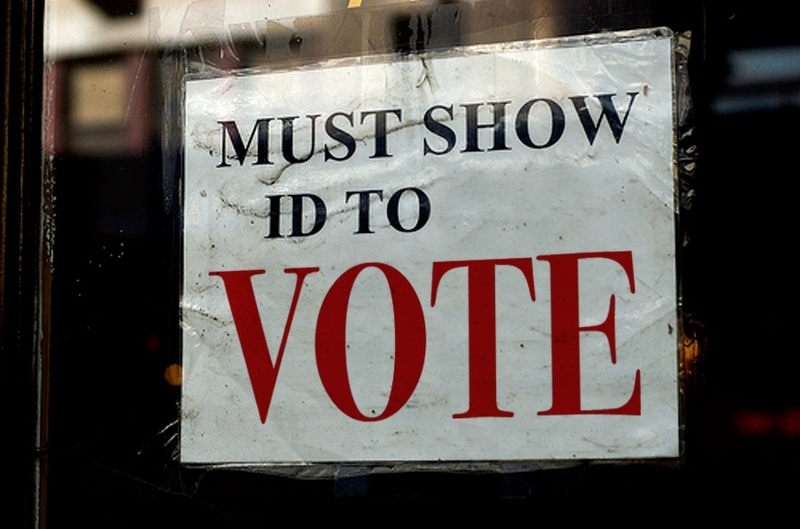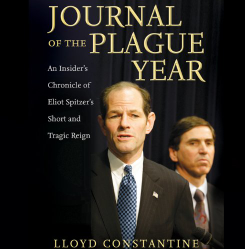Freud supposedly said “Madame sometimes a cigar is just a cigar.” But it was no mere stogie on Monday when Chief Justice John Roberts disingenuously recited the caveat that it meant nothing for SCOTUS to decline review of the Fourth Circuit’s decision invalidating five provisions of a 2013 North-Carolina voting law that “target[ed] African-Americans with almost surgical precision.” That law rejected the forms of photo-ID favored by black voters, reduced early voting, eliminated same-day registration and pre-registration of teenagers, banned the tabulation of votes cast in the wrong precinct and retained forms of ID favored by whites. In 2013 North Carolina not 1983 South Africa.

Justice John Roberts
North Carolina enacted the law soon after SCOTUS struck a provision of the 1965 Voting Rights Act that would have authorized the Justice Department to block this race-based voter suppression – something it would have done in the blink of an eye. The June 2013 decision in Shelby County, Alabama v. Holder authored by Roberts and attacked in a bitter four Justice dissent, is the real reason the court declined to hear North Carolina’s appeal this week. And Dr. Freud would explain it also is the real reason Roberts felt constrained to recite the boilerplate “admonition that the denial of a writ of certiorari imports no expression of opinion upon the merits of the case.” Often that is true, but not this time.
In Shelby County, Roberts explained that in 1965 the suppression of the African-American vote was “an insidious and pervasive evil which had been perpetuated in certain parts of our country through unremitting and ingenious defiance of the Constitution” but “[t]here is no denying, however, that the conditions that originally justified these measures no longer characterize voting in the covered jurisdictions” – including North Carolina. And soon after Roberts wrote that, North Carolina showed him and his brothers in the majority, the folly of their optimism and view of history.
The Roberts Court will undoubtedly and soon accept review of a different post- Shelby County voting law case, one that is far more ambiguous as to the intent of the new law. When they take that case the law is likely to be upheld, with Neil Gorsuch providing the decisive vote in a 5 to 4 decision.

Justice Neil Gorsuch
Roberts’ legally meaningless and dissembling rationalization for denying review because of “the blizzard of filings over who is and who is not authorized to seek review in this court under North Carolina law” is just a Freudian tell. The dispute among North Carolina’s Democratic governor and attorney general and Republican legislature over who had the authority to appeal is just like the dispute that SCOTUS recently disregarded when in 2013 it heard and decided Perry v. Hollingsworth, the California same-sex marriage case paving the way for the 2015 landmark Obergefell ruling.
HL thinks more of Roberts as a human being because he is embarrassed and chastened by his Shelby County ruling, reasoning and aftermath. It would be far better for him to just plainly admit that (as SCOTUS justices sometimes do) and avoid the diversionary notation he issued on Monday.



0 Comments